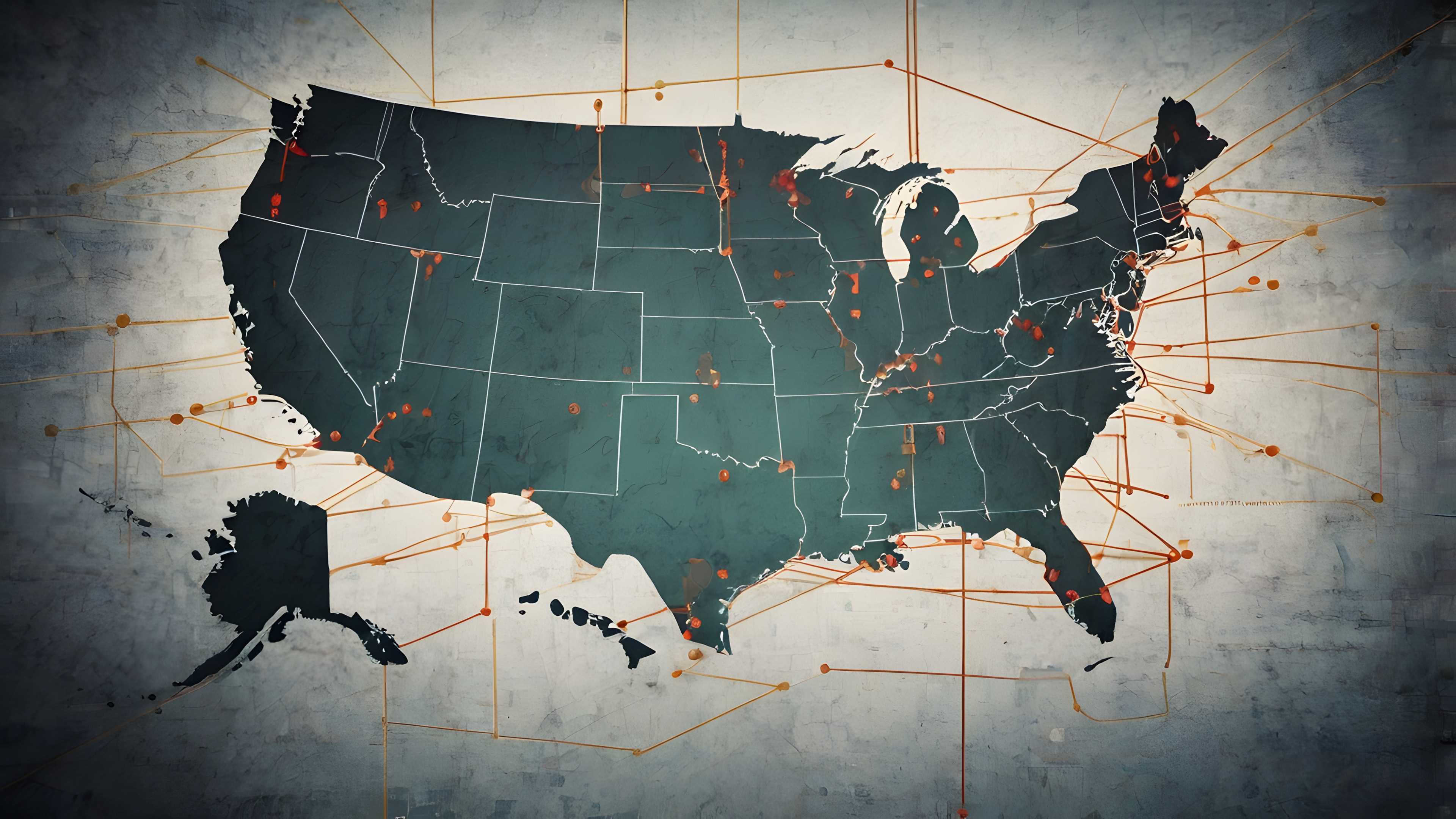Updates on recent legislative and regulatory activity impacting workers' compensation pharmacy
The MyMatrixx by Evernorth Regulatory Affairs team continually tracks and monitors legislation and regulations impacting workers’ compensation pharmacy. Below are some updates on more recent developments. You can follow many of these measures and more with our online tracker.
California provider contract dispute bill amended
California Assembly Bill 1048 was amended in the Senate in early September to require that an explanation of review (EOR) include information on the underlying contract that is the basis for any adjustment, change, or denial of an item or procedure - including how to get a copy of the contract.
The amended bill states that disclosure of a medical provider network (MPN) does not satisfy this requirement and if the contract is not received within 30 business days of the provider's request, the bill should be reprocessed and paid at rates mandated by the official medical fee schedule. There may be operational barriers to this requirement due to the electronic transaction billing and remittance standards adopted by the California Division of Workers’ Compensation.
Prior to this change, AB 1048 would have originally expanded the state's workers' compensation independent bill review (IBR) process to include a contract dispute involving any discount or reduction from the state fee schedule.
Now, the amended AB 1048 is pending in the second chamber (Senate) and would need to be sent back to Assembly for concurrence prior to transmittal to the governor.
Workers’ compensation PBMs exempted from Kentucky PBM fee
Recent agency amendments to proposed Kentucky PBM fee regulations will exempt workers’ compensation PBMs from a hefty $10,000 fee. Last year, the Kentucky Department of Insurance proposed a $10,000 fee on each state-licensed PBM to help fund a legislative requirement from Senate Bill 188. SB 188 requires additional programs and administrative review to implement a new pharmacy reimbursement minimum resulting in increased expense to the Department. Earlier this year, workers’ compensation was exempted from that area of law, therefore also exempting workers’ compensation PBMs from the additional fee.
This is another example of policymakers amending PBM requirements by acknowledging that workers’ compensation may not fit into their broader health insurance policy goals. MyMatrixx by Evernorth works to educate policymakers on the differences in workers’ compensation and the consequences these broader bills may have. We discussed this issue and provided examples in a prior blog post.
Nevada workers’ compensation ODG formulary ‘adoption’ announced
On September 9, the Nevada Department of Business and Industry, Division of Industrial Relations (DIR) announced adoption of the Official Disability Guidelines (ODG) Drug Formulary as required by Senate Bill 317. Information on the formulary was presented at the state’s annual educational conference in mid-September. MyMatrixx by Evernorth attended the conference and offered our assistance to DIR leadership as they plan for training and implementation. We have also had multiple discussions on Nevada’s use of the formulary with representatives from ODG. A webinar presented by ODG (“The ODG Drug Formulary: A Comprehensive Guide for the State of Nevada”) is also scheduled for November 5, 2025.
As a reminder, SB 317 stipulates:
- Workers’ compensation insurers will be required to use the adopted ODG formulary for any drug that is prescribed or dispensed to an injured worker for outpatient services but not for prescription drugs that are prescribed or dispensed for emergency medical services or inpatient services.
- Except as otherwise provided in the law, the insurer is not to provide reimbursement for any drug listed but not approved, or omitted from, the formulary once implemented.
- Insurers will be permitted to provide reimbursement for those categories of drugs if they have elected to approve the drug in their established procedures and in compliance with any applicable requirements that may be established by DIR.
- If a physician believes a drug is medically necessary, but it is listed but not approved, or omitted from, the formulary and has not been approved by the insurer, they may submit an authorization request to the insurer. If the insurer denies the authorization request, the injured worker or their representative may appeal that denial to a hearings officer.
Ohio workers’ compensation proposed pharmacy fee schedule rule changes to be refiled
Previously proposed workers’ compensation pharmaceutical fee schedule rule changes were withdrawn by the Ohio Bureau of Workers’ Compensation due to a technical error. The BWC intends to refile them. For MyMatrixx by Evernorth and our clients, the proposed self-insuring employer fee schedule rule amendments included the following notable changes:
- Decreasing the non-sterile compound reimbursement cap to $100 (from $400) to align with the $100 cap for state fund claims
- Amending compound medication dispensing fees to be based on the time necessary to compound the medication (five different time ranges and fees from $15 to $75)
- Accounting for instances in which a different dispensing fee may be required by law for medications dispensed outside of Ohio
- Proposing that bills submitted by a pharmacy are not required to include a prescriber’s DEA number (NPI is required)
- Changing language to clarify the conditions under which a self-insuring employer may approve reimbursement for a brand medication when a generic equivalent exists
MyMatrixx submitted comments in support of the proposed rule changes with a request to allow 90 days for stakeholders to implement. In response, the BWC stated it intends to refile the rules with an anticipated effective date of February 1, 2026, which it believes will allow ample time available to implement.
